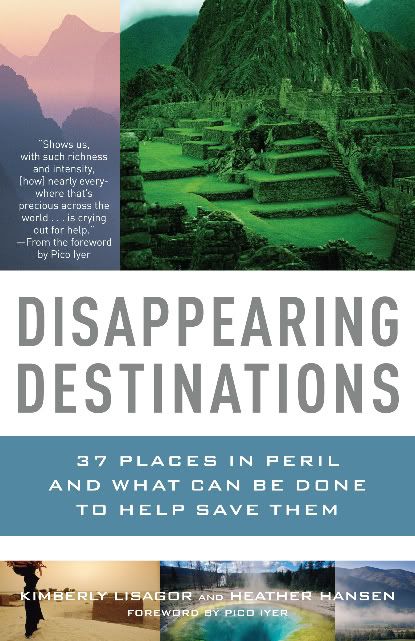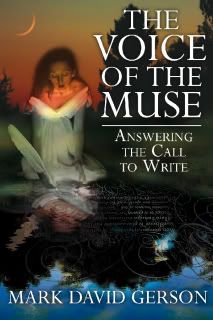Janet Ann Collins is a writer, speaker, and teacher. She writes adult non-fiction and fiction books for children: The Peril of the Sinister Scientist and Secret Service Saint. Her third, Signs of Trouble, is about kids who get separated from their Special Education class on a field trip to a shopping mall, and will be released soon. A columnist for the Antique Auction Explorer, Collins has had articles in numerous publications.
Collins speaks with Write On! about her process, some of which involves color-coding. Plus, offers advice for those who write for children, as well as adults.
What inspired you to first start writing?
When I was three years old my parents told me I should be a songwriter when I grew up because I was always making up rhymes. I guess I was about in third grade when I started writing down some of the stories I made up. My mother always said I had too much imagination.
How is writing children’s books similar to/different from writing adult non-fiction?
They both require a lot of work and discipline.
Children’s books, especially for young kids, are probably more difficult because every word must be perfect but they’re also more fun to write.
Most of my published adult non-fiction has been articles. I always enjoyed interviewing people for those but I couldn’t use my imagination much.
How do you approach the blank page?
I start by thinking about what I want to write, usually for quite a while, before actually putting anything on paper, so I have a lot already written in my head before encountering the blank page. I also make a very general outline if I’m writing anything longer than a few pages. Then I open a new document, begin at the beginning and go on until the end, then stop. Of course I must go back and do lots of rewriting.
What is your writing process? Is it different for different types of writing?
Most of the non-fiction writing I’ve done involved interviews, which I transcribe. With both interviews and research material I print it out and highlight each category of information in a different color. That makes it easy to organize and write.
With fiction I’ve found if I plan too much detail, I get bored with the story before it’s written, but if I don’t plan at all I can’t write a coherent plot. I usually make a general outline, sometimes also color coding ideas for plot points, then just write the story.
How important is it for writers to get involved in public speaking?
I understand it’s now extremely important for marketing books. Since I enjoy public speaking I was doing it before I had any books to sell. Besides being fun and practical, it’s also a good way to meet interesting people who may inspire some good ideas.
What is your favorite part of being a writer?
My favorite part is completing a manuscript.
The greatest challenge?
Marketing is definitely the greatest challenge for me.
Why should writers also be readers?
Why would anyone who isn’t a reader want to be a writer? Of course you have to know what good books, especially in your genre, are like, but writers are normally people who love words, language, and stories so they naturally love to read. Even a dyslexic person who wants to write probably enjoys movies and audio books.
Advice for writers of kids books?
Know kids. Love kids. Keep in touch with the kid inside you.
Advice for non-fiction writers?
Do lots of responsible research and be sure your sources are trustworthy.
What do you know now that you wish you knew at the beginning of your career?
I’m not sure there’s anything I wish I’d known because if I’d understood all the things that make the job difficult I might never have started trying to get published. Well, there is one thing: the value of critique groups, conferences, online groups, and other ways to connect with people like myself. The support, advice, and friendships I’ve gotten from other writers have been wonderful.
Tomorrow, check out Nancy Famolari’s Place for an interview with Mayra Calvani.
Tags: Antique Auction Explorer Author Q&A Janet Ann Collins Secret Service Saint Signs of Trouble The Peril of the Sinister Scientist Write On! Writing Writing Advice










Comments are closed.
I have to agree with Janet, marketing is a great challenge. I haven’t solved it yet! Very interesting interview, Debra.
Thank you for welcoming me to your website, Debra. I hope the information I’ve shared is helpful to some of your readers.
Great interview, ladies! Janet, I always enjoy learning more about you and your work. Your love of children and writing shines through your words.
Thank you, Darcia. :-)))
Hi, Janet. I’m a fan of your writing. I agree, an unexpected benefit of joining writing groups and critique groups is the wonderful friends we have made in each other.
Thank you, Kathy.
Great interview. Always nice to learn more about Janet.
Thanks for stopping by, everyone. And thank you, Janet, for sharing your process and experience with the Write On! Community! I love the color-coding, by the way. My project-management background is coming through …
You’re welcome. I seem to think in colors. Guess I’m a bit odd that way.
Thanks again for hosting me, Debra.
Great interview, ladies
Janet, I agree, public speaking is a great way to help promote your books. And, belonging to a good critique group and writing groups helps in learning the writing ropes and making writing friends.